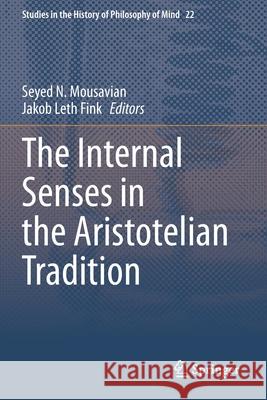The Internal Senses in the Aristotelian Tradition » książka
topmenu
The Internal Senses in the Aristotelian Tradition
ISBN-13: 9783030334109 / Angielski / Miękka / 2021 / 171 str.
The Internal Senses in the Aristotelian Tradition
ISBN-13: 9783030334109 / Angielski / Miękka / 2021 / 171 str.
cena 481,91
(netto: 458,96 VAT: 5%)
Najniższa cena z 30 dni: 462,63
(netto: 458,96 VAT: 5%)
Najniższa cena z 30 dni: 462,63
Termin realizacji zamówienia:
ok. 22 dni roboczych
Dostawa w 2026 r.
ok. 22 dni roboczych
Dostawa w 2026 r.
Darmowa dostawa!
Kategorie BISAC:
Wydawca:
Springer
Seria wydawnicza:
Język:
Angielski
ISBN-13:
9783030334109
Rok wydania:
2021
Wydanie:
2020
Numer serii:
000264535
Ilość stron:
171
Waga:
0.26 kg
Wymiary:
23.39 x 15.6 x 0.97
Oprawa:
Miękka
Wolumenów:
01
Dodatkowe informacje:
Wydanie ilustrowane











